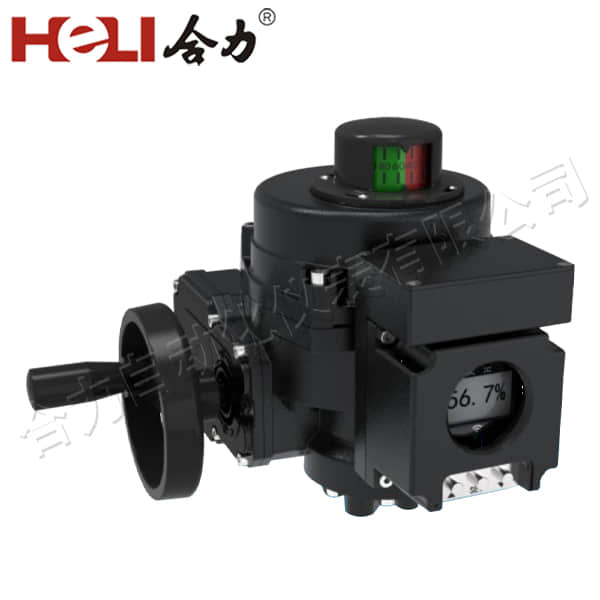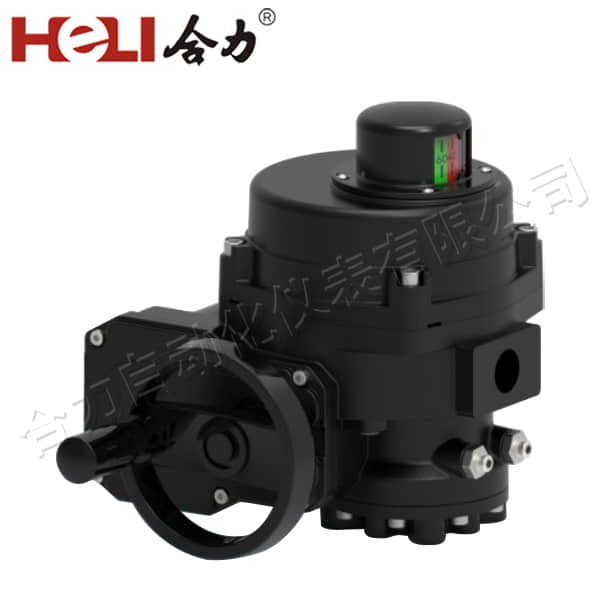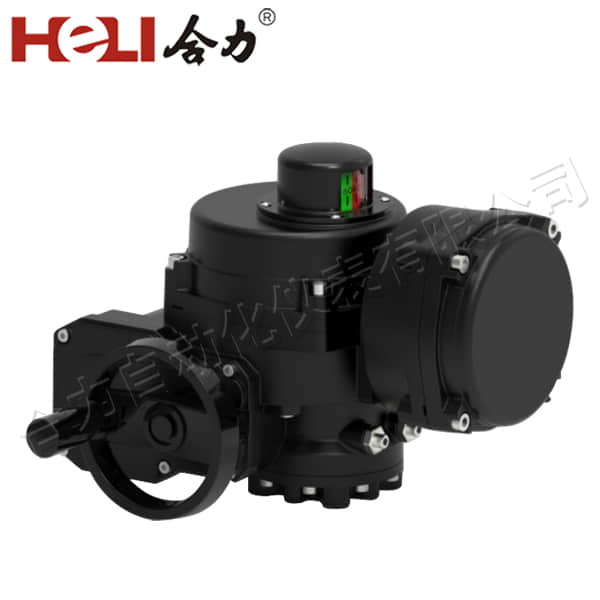In modern industrial processes, precise control over fluid systems is essential for ensuring safety, efficiency, and productivity. One of the key components that enable this level of control is the actuator, a device responsible for moving or controlling a valve. Among the various types of actuators available, the electric actuator for valves has emerged as one of the most popular and effective solutions. This article explores the importance of electric actuators in valve operation, their advantages, and their applications across various industries.

What is an Electric Actuator for Valves?

An electric actuator is a type of actuator that uses electric power to operate a valve. It converts electrical energy into mechanical motion, typically via a motor, to open, close, or modulate the valve’s position. These actuators are commonly used in automated systems where precise control of fluid flow, pressure, or temperature is required. Electric actuators can be integrated with control systems that allow for remote or automated valve operation, making them ideal for applications where manual intervention is impractical or unsafe. Electric actuators for valves are typically used in a variety of industries, such as water treatment, oil and gas, chemical processing, and HVAC systems. They are used to control the flow of liquids, gases, and other substances through pipelines, helping to maintain the desired operating conditions.
